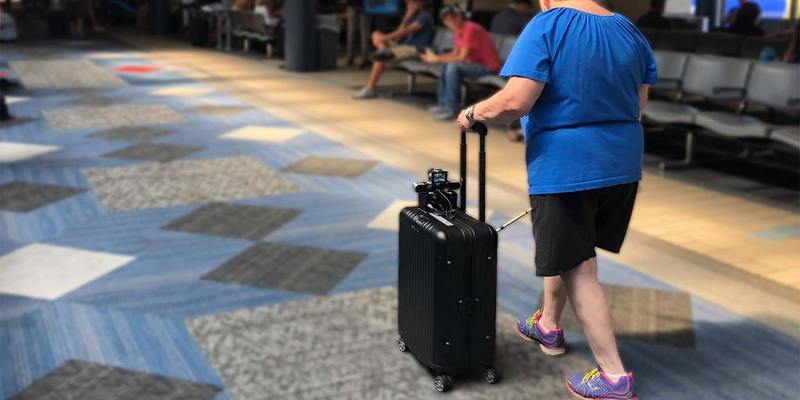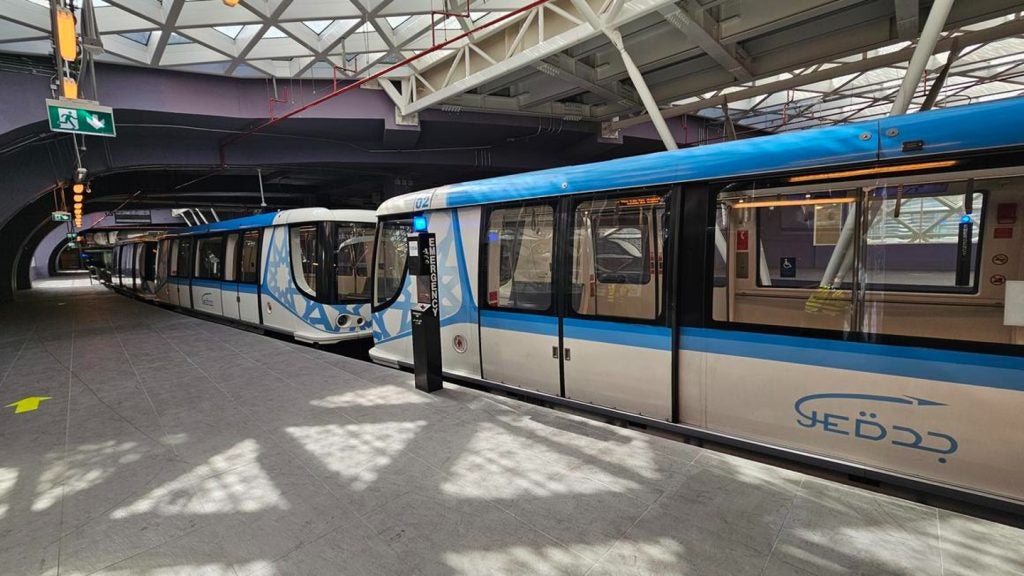
Researchers from Carnegie Mellon University (CMU) and Pittsburgh International Airport have launched a new smart suitcase that assists blind and visually-impaired travellers to navigate airport terminals safely and independently.
Developed in collaboration with the University of Tokyo and Waseda University, the rolling suitcase, known as Bbeep, sounds an alarm when an obstacle comes into its path and is particularly useful when navigating through crowds.
Bbeep is integrated with a camera for tracking pedestrians in the user’s path and can calculate potential collisions.
In collaboration with CMU, IBM has also developed a new app that uses Bluetooth technology to create a beacon system to help users navigate their way through the airport terminal.
The NavCapp navigation app provides audio instructions to users when they are heading for a collision with a pedestrian and assists them to reach a departure gate, restaurant, or bathroom.
As part of a pair of user studies conducted at Pittsburgh International Airport, both Bbeep and NavCog were proved to be effective.
How well do you really know your competitors?
Access the most comprehensive Company Profiles on the market, powered by GlobalData. Save hours of research. Gain competitive edge.

Thank you!
Your download email will arrive shortly
Not ready to buy yet? Download a free sample
We are confident about the unique quality of our Company Profiles. However, we want you to make the most beneficial decision for your business, so we offer a free sample that you can download by submitting the below form
By GlobalDataPittsburgh International Airport installed several Bluetooth beacons throughout the facility.
The researchers found that the speaker mode of BBeep could reduce the number of pedestrians at risk of an imminent collision and in the user’s path.
CMU Robotics Institute IBM Distinguished Service professor Chieko Asakawa said: “Despite recent efforts to improve accessibility, airport terminals remain challenging for people with visual impairments to navigate independently.”
Robotics Institute assistant research professor Kris Kitani said that Bluetooth beacons can be used for indoor navigation at airports.
Pittsburgh International Airport CEO Christina Cassotis said: “Part of our commitment to the public includes making sure our airport works for everyone, particularly as we modernise our facility for the future.”
The NavCog app relies on a map of the terminal annotated with the locations of facilities to give audio directions to users.
It can be used at the airport in the ticketing area of the landside terminal and in the concourses and centre core of the airside terminal.
Both studies were sponsored by the National Science Foundation, the National Institute on Disability, Independent Living and Rehabilitation Research, the Allegheny County Airport Authority, and Shimizu.
The Japan Science and Technology Agency and Uptake provided additional support for BBeep.




